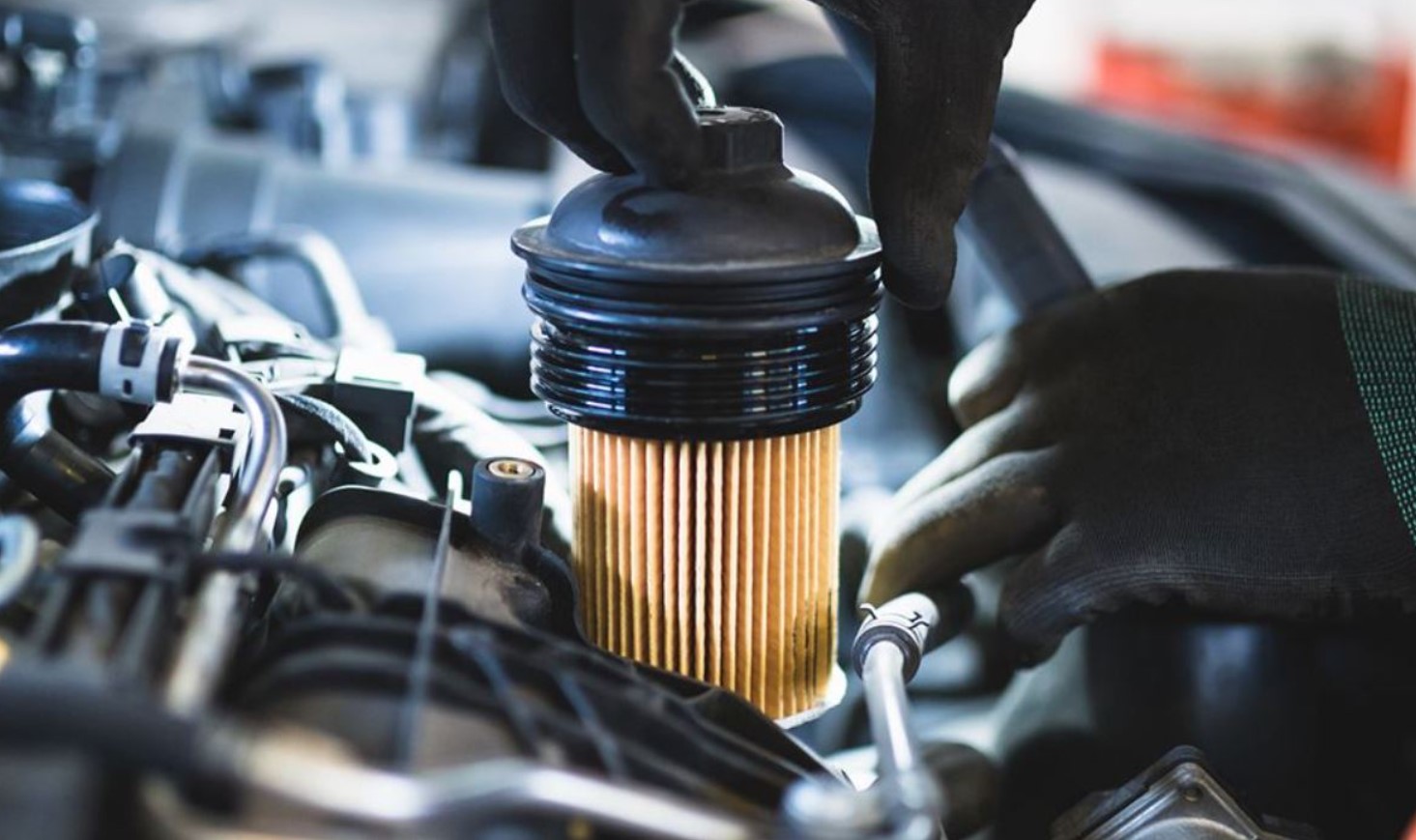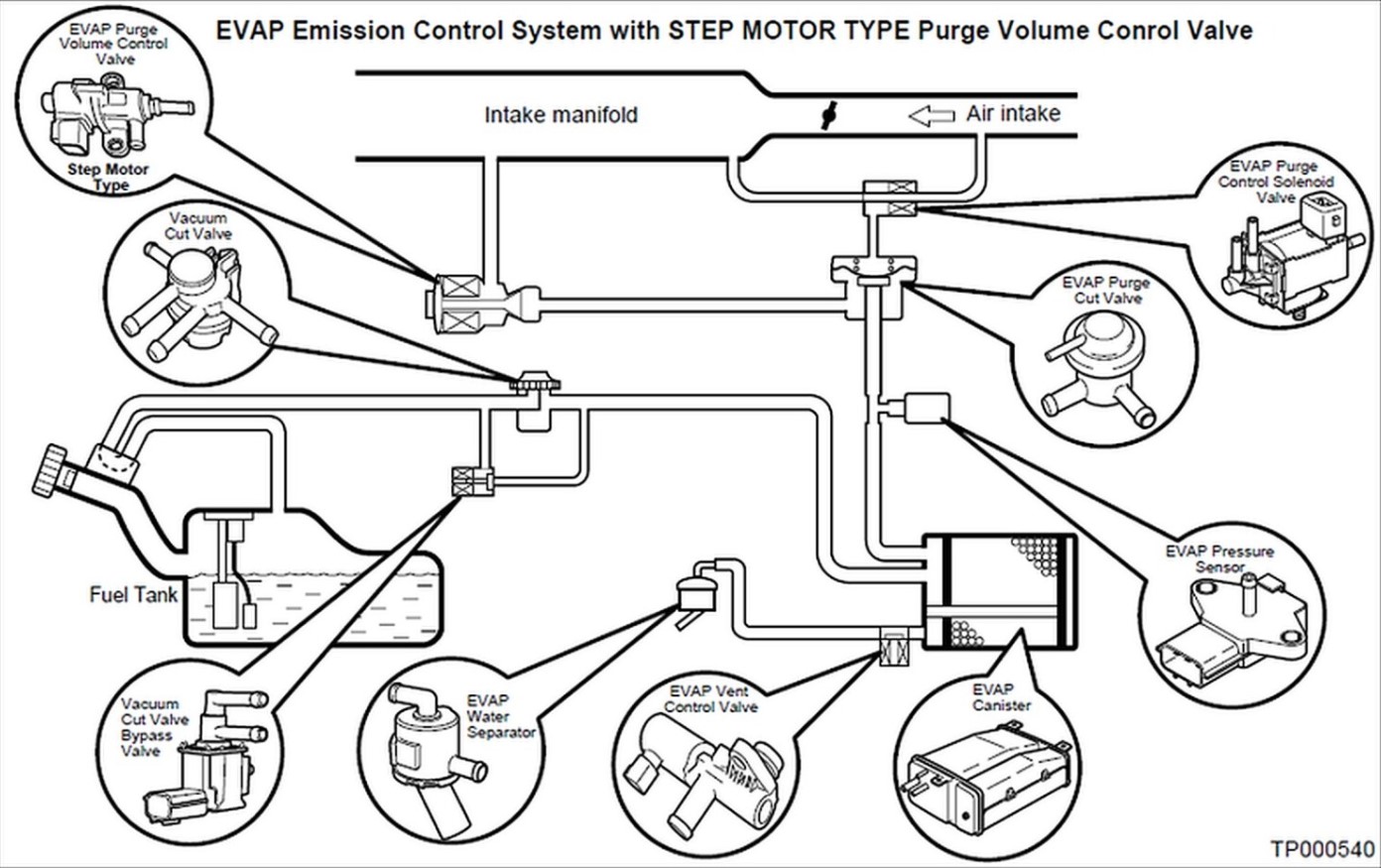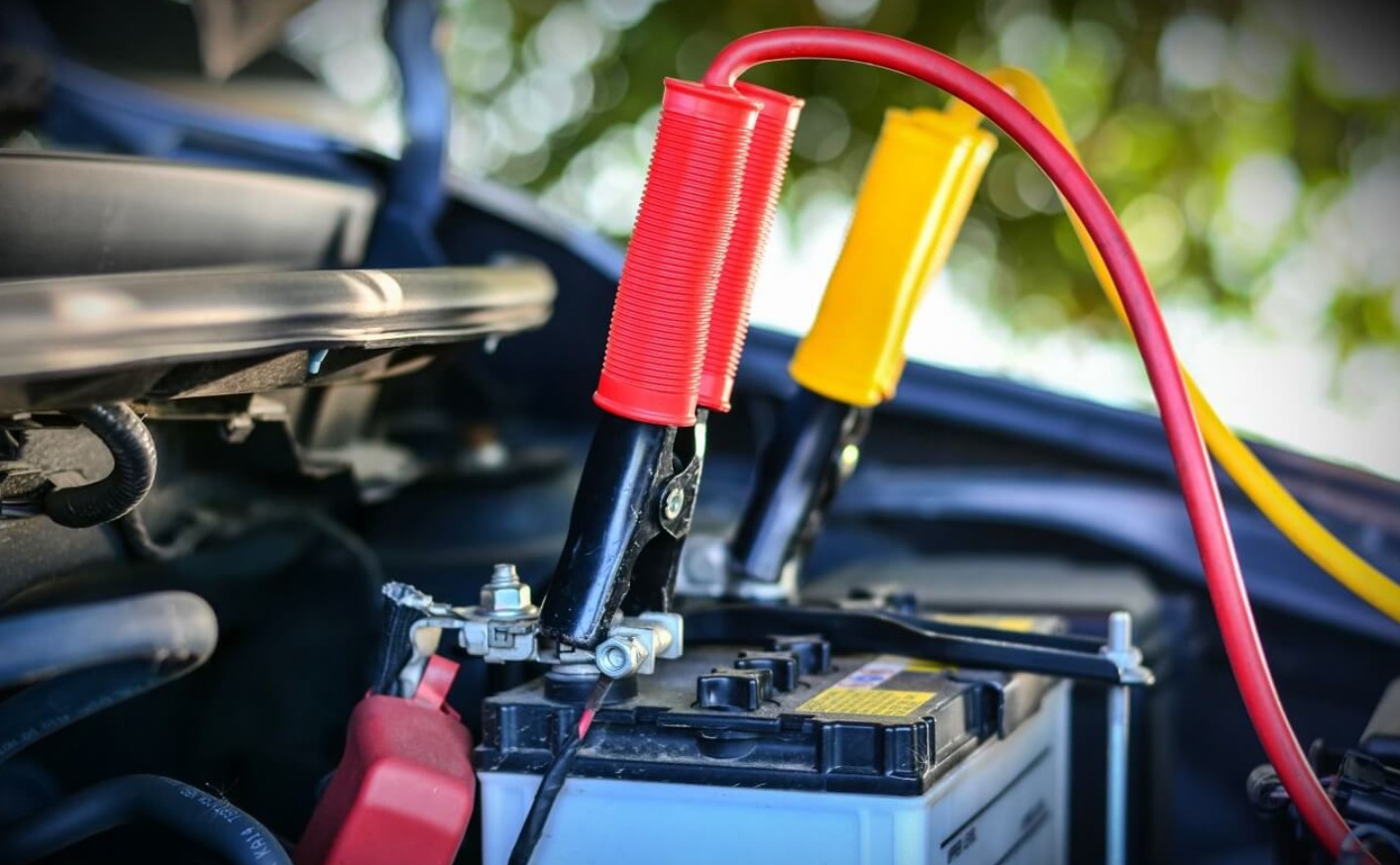What should you do when your car won’t start after getting gas? For some people, it can be embarrassing, but for others, it is annoying. When you refuel your tank, you expect to hit the road. Fast. But your car won’t even start and you are left clueless of what’s wrong. It may seem uncommon but it’s actually a pretty normal thing that may happen to anyone. In fact, there are several explanations of the situation.
Fuel Filter Being Clogged
Fuel filter is the one that keeps contaminants at bay. It’s the one preventing contaminants from coming to the engine. Its main purpose is to clean out dirt and debris. Unfortunately, there would be contaminants buildup within the filter that leads to a blockage.
If the clogged fuel filter is the main issue, you should encounter other symptoms. Your car will suffer from fuel efficiency being decreased. Moreover, the performance would gradually degrade. When it’s totally blocked, you experience the no-start situation.

Most of the car manufacturers would suggest regular fuel filter change. It should be a part of the regular maintenance. In most manuals, you will have to change the filter once every 20,000 miles (30,000 miles would be the max). Make sure that you use the reliable brand or top-tier fuel so your system will remain clean.
EVAP Purge Control Valve Gone Bad
Another reason for car won’t start after getting gas is the EVAP (purge) control valve is being stuck open. You see, when you fill in the tank, there is a possibility of overpressure of air being created. This air needs to go somewhere. With the fuel nozzle being on, the situation can be tight. So, when the valve is being stuck open, it’s logical if the air is somewhat being pushed to the intake manifold directly.

As a result, there is too much fuel within the combustion chambers. When you crank the engine up (after the refill), the car is being difficult to start. You need to contact a mechanic and have him/her check the tank. It’s also a good idea to make sure that there is no leak within the EVAP system.
Dead Battery
Battery is the starting power for the car. If the connections are loose or the battery has died, no wonder if your car won’t turn. You should know that car batteries regularly can last from 3 years to 5 years. Moreover, you should be more aware of the warning signs, such as dimmer lights or the accessories fail to work properly. it would be better if you can replace the battery before it actually dies.

Don’t forget to check for the possibility of corrosion. Whenever it’s possible, use baking soda solution to clean it off; making sure that the connection remains strong. Whenever you have to jump start the battery, do it far away from the fuel pumps. Jump start may create sparks and you don’t want to do it close to the pumps.
The (Possible) Solutions
If this issue happens to you, there are several things to do:
- Try start it again. Who knows? It may work quite successfully.
- Check the connection of the battery. In the event it’s not secure, why don’t you reattach them again?
- If the issue is caused by the dead battery, remove your vehicle from the fuel pump. Go away and try to jump start it
- Simply out of the way so you won’t block other people
- If you are clueless of what to do or which part to check, have your car towed. Mechanics should be able to check it and help you out.
Other Possibilities
There are still other possibilities why the car won’t start, such as spark issue, alternator failure, bad starter, defective fuel pump, and others. If you don’t really know what to do or where to check, ask for help to make sure about your car won’t start after getting gas.
